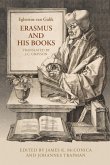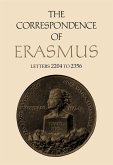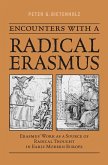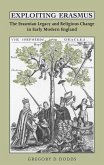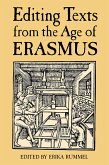Among Erasmus of Rotterdam’s many influential treatises on theology during the early Reformation, Exomologesis (1524; revised 1530) and Ecclesiastes (1535) stand out as two of his most significant. Exomologesis, or The Manner of Confessing, in which Erasmus articulated his views on the true manner of Christian confession, was sufficiently controversial that he published an expanded version with concessions and clarifications six years later. Ecclesiastes, or The Method of Preaching, was an extensive exposition on how to employ scripture, the writings of Church Fathers, and classic rhetoric to reinvigorate the practice of preaching. This innovative work ushered in a new genre of homiletic treatises that supplanted medieval preaching manuals and paved the way for what has been called “the age of eloquence.” The Collected Works of Erasmus presents these two important works, complete with extensive introductions and annotations, in an elegant and precise two-volume modern translation for the first time. Volumes 67 and 68 of the Collected Works of Erasmus series – Two-volume set.
Hinweis: Dieser Artikel kann nur an eine deutsche Lieferadresse ausgeliefert werden.
Hinweis: Dieser Artikel kann nur an eine deutsche Lieferadresse ausgeliefert werden.


